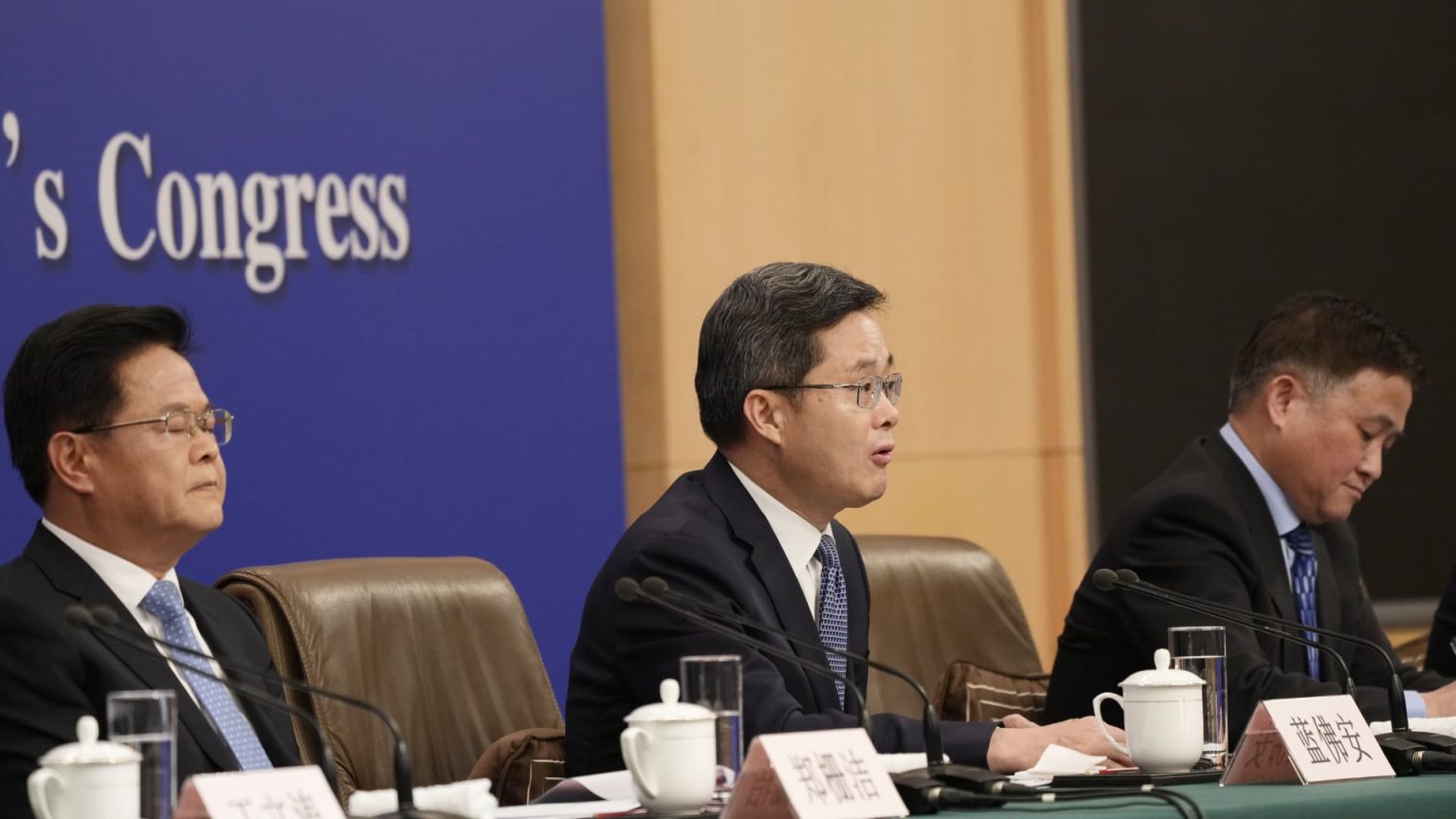China’s Minister of Finance Lan Fo’an announced during a press briefing that the central government has room to increase debt and the deficit, with the potential for a large deficit increase in the near future. Economists have been calling for additional fiscal support, and many had hoped for the unveiling of a major stimulus package during the briefing. Lan hinted that more stimulus is on the way, though specific details are still unclear. Analysts are eager for more information to evaluate the impact of these policies on the macro outlook, and the market will be closely watching in the coming months for further developments.
The finance ministry outlined policy measures to address local government debt, stabilize the real estate market, and support employment. Specifically, the ministry will allow special bonds for land purchases and affordable housing subsidies to be used for existing housing inventory, with plans to reduce real estate-related taxes under consideration. China’s retail sales have only seen modest growth in recent months, and the real estate market shows little sign of improvement. With GDP growth at 5% in the first half of the year, there are concerns about meeting the full-year target. The upcoming release of third-quarter GDP data on Oct. 18 will be closely watched for further insights.
Analysts have projected the need for significant fiscal stimulus ranging from 2 trillion yuan to over 10 trillion yuan. Ting Lu of Nomura emphasized the importance of not only the amount of funds delivered but also how they are utilized, whether to support struggling local governments or boost consumption. Market volatility in mainland Chinese stocks has been observed, with major indexes returning to late September levels after a earlier rally fueled by policy announcements. Netizens are eagerly anticipating further details from a parliamentary meeting later in the month, with a focus on maintaining reserves for unexpected shocks.
After the Federal Reserve initiated an easing cycle, the People’s Bank of China followed suit with interest rate cuts and extended real estate support measures. Additionally, a $71 billion program was launched to allow institutional investors to borrow funds for stock investing. Despite the National Development and Reform Commission’s pledge to accelerate the use of allocated funds for investment projects, it did not announce further stimulus measures. With uncertainty in the markets and ongoing economic challenges, China remains focused on implementing policies to stabilize growth and support key sectors like real estate and local governments.
In conclusion, China’s government is signaling a willingness to increase debt and the deficit to provide additional fiscal support, though specific details are still pending. The ministry’s policy measures aim to address key issues like local government debt, real estate stabilization, and employment support. Analysts have varying projections for the scale of needed fiscal stimulus, and the market is eagerly awaiting further announcements to gauge the impact on the macroeconomic outlook. As China continues to navigate economic challenges and market volatility, policymakers are focused on implementing targeted measures to promote growth and stability in key sectors.


